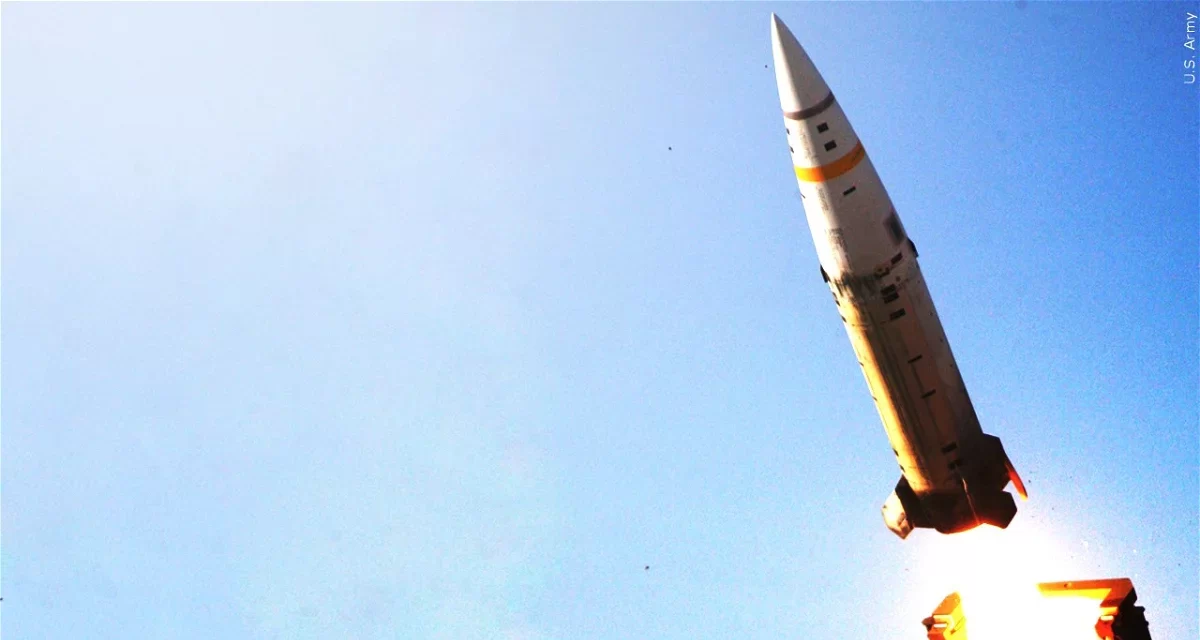The United States and Japan have jointly proposed a resolution at the U.N. Security Council urging all nations to refrain from deploying or advancing nuclear weapons in space, announced the U.S. ambassador on Monday.
Linda Thomas-Greenfield, speaking at a U.N. Security Council session, emphasized that any move to position nuclear weapons in orbit around Earth would constitute an unprecedented, perilous, and unacceptable action.
This initiative from the U.S. and Japan comes in the wake of recent White House confirmation that Russia has acquired anti-satellite weapon capabilities, although these weapons are not yet operational.
In response, Russian President Vladimir Putin stated that Moscow has no plans to station nuclear weapons in space, asserting that the country’s space capabilities are comparable to those of the United States.
The Outer Space Treaty, endorsed by approximately 114 countries, including the United States and Russia, prohibits the placement of nuclear weapons or any other weapons of mass destruction in orbit and prohibits the stationing of weapons in outer space by any means.

During the council meeting, Japan’s Foreign Minister Yoko Kamikawa, who chaired the session, highlighted that even amid the confrontational climate of the Cold War, both adversaries agreed to preserve the peaceful nature of outer space. Kamikawa stressed the imperative of upholding the prohibition on deploying weapons of mass destruction in orbit today.
Thomas-Greenfield underscored the necessity for all treaty signatories to adhere to the ban on nuclear and other destructive weapons, urging non-member states to promptly accede to the treaty. She expressed the United States’ readiness to collaborate with other Security Council members to garner consensus on the proposed resolution.
Russia’s deputy U.N. ambassador Dmitry Polyansky criticized the resolution, describing it as a politicized move divorced from reality and lacking input from experts or discussions at relevant international forums such as the U.N. Conference on Disarmament or the U.N. Committee on Outer Space.
Beyond the Security Council, Thomas-Greenfield stated that the U.S. is keen on engaging with treaty parties to explore measures to bolster confidence in compliance with the ban on nuclear weapons and other weapons of mass destruction in outer space. She affirmed the United States’ willingness to engage in bilateral arms control discussions with Russia and China without preconditions.
However, Polyansky accused the West of attempting to strategically undermine Russia and asserted that any dialogue could only proceed if the U.S. and NATO reassessed their policies toward Russia and demonstrated a willingness to engage in comprehensive discussions addressing all aspects of strategic stability.
U.N. Secretary-General Antonio Guterres briefed the council, warning that geopolitical tensions and mistrust have heightened the risk of nuclear conflict to its highest level in decades. He referenced the film “Oppenheimer,” which depicted the grim reality of nuclear catastrophe during World War II, emphasizing that humanity cannot afford a repeat of such a scenario.


